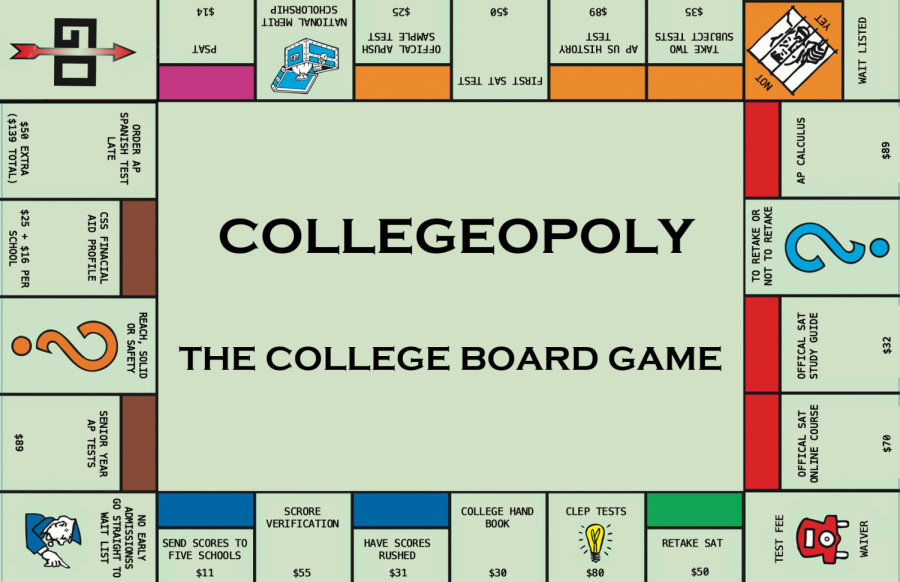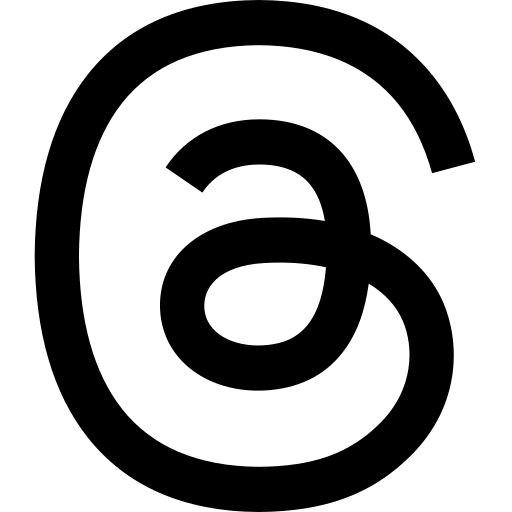A Wolf in Sheep’s Clothing: The College Board’s Monopoly on Education
While exploiting students’ anxieties and capitalizing off of their stress, the College Board has succeeded in monopolizing learning. Amassing over 1 billion dollars in revenue in 2017, the “not-for-profit” company is known for administering the Advanced Placement (AP) and SAT standardized tests. Students nationwide are destined to come across the College Board regularly in their high school career. SAT scores and AP tests are such a vital element of the competitive college admissions process that it is nearly impossible to be a strong applicant without them, making engaging with the College Board virtually unavoidable. Through 120 years of developing intense course curricula and facilitating standardized tests, the College Board has become a familiar but necessary obstacle for many teenagers. As imbedded as high school football games and pep rallies, the College Board is deeply entrenched in our lives. To protect student mental health and fight against educational inequality, the College Board must be abolished.

According to the U.S. News & World Report, approximately 2.2 million students registered for the SAT standardized test in 2019. At $93/AP exam, $60 SAT with essay fee, and a $30 late SAT registration penalty, College Board services are inaccessible to many domestic and international students alike. Despite the fact that these services tend to be optional and students can opt-out, they have become integral factors in the pursuit of quality higher education. Within the college admissions process, the lack of AP or SAT scores can negatively impact admissions decisions to elite institutions. Though COVID-19 has influenced many universities to reform SAT and AP testing requirements in admissions, the College Boards’ services have traditionally been among the most significant factors in the process. As expressed by high schoolers nationwide, College-bound students’ futures and education are excessively dependent on the College Board. Shorecrest senior Audrey Brown laments, “I feel that the College Board holds a ridiculously large amount of power over high school students. Although the College Board claims to be a non-profit organization attempting to prepare high school students for college, there really is no way around their standardized tests which means that their way is the only way.”
To the average student, the increasingly competitive and cutthroat school environment is undeniable. As a result, many high school students are familiar with being overworked and stressed out. According to a 2018 Pew Research Center teen survey, “When it comes to the pressures teens face, academics tops the list: 61% of teens say they feel a lot of pressure to get good grades.” Further amplifying student anxiety is the uncertainty that comes with college admissions and the pressure to stand out in the process. The current culture of productivity prevalent in American high schools preaches taking as many AP classes as possible and getting high scores on the SAT as the only path to success, influencing many students to believe a constant heavy workload and perfection on standardized tests is the ticket to elite universities. Though it is debatable if this culture was spurred by the College Board, the intense workload of Advanced Placement classes and pressure placed on earning high SAT scores further perpetuates unhealthy competition and worry among high schoolers. The College Board’s response to this student stress and anxiety? $11+ SAT study guides, sold on Amazon.

But what if “good” scores can be bought? How can the College Board expect students to simply trust their pivotal role in education if their system has been compromised? Students worldwide who have certain connections and attend well-funded schools with access to expensive tutors have an unearned advantage in the college admissions process. Rarely challenged, it’s no surprise that the famous and wealthy can abuse their privilege to bypass certain procedures at the expense of others. Although this is frequently tolerated, given the College Board’s immense impact on students’ futures, the company has an obligation to promote a level playing field by securing the integrity of their testing. By failing to prevent internal corruption and bribery, the College Board has limited access to higher education. In a 2019 college admissions bribery scandal, numerous wealthy parents had paid millions for a con-artist to inflate the SAT scores of their children and ensure their admission to top-tier universities. A key participant involved in the scheme was paid to take or correct the SAT for the children of wealthy clients. Others involved went as far as bribing College Board SAT proctors to influence score results. “Operation Varsity Blues” is an extreme example of the inequitable testing the College Board facilitates, enabling the wealthy to buy their way into perfect scores and college admissions. According to their website, the company responded to the scandal by implementing new “enhanced security processes.” Despite this change, there is no way to be sure other instances of corruption and bribery are not continuing to take place unseen. As the integrity and effectiveness of the College Board system declines alongside new information revealing fraud, it’s integral to the future of education that the company is abolished. Only after can students begin to be judged fairly in college admissions on the basis of their character and merit- beyond connections, luck, and status.

With the burden of high fees, stress-inducing processes, and inequitable testing, the College Board has accumulated immense wealth at the expense of many students’ future college plans. Still, the College Board’s website flaunts how the company was “created to expand access to higher education,” a goal that has yet to be realized or pursued. The company is so deeply ingrained in the education system within the U.S that any mention of abolition or even reform might seem far-fetched. However, with the COVID-19 pandemic preventing many students from taking AP or SAT tests, colleges across the nation have been pressured to take a more holistic approach towards admissions, emphasizing a student’s character over their testing statistics within new test-optional policies. The University of California Board of Regents made history by voting 23-0 to phase out the SAT in admissions deliberations over the next five years. According to Inside Higher Ed, “John A. Pérez, chairman of the board, said that the vote represented a choice of ‘slow-walk or create urgency’ in efforts to promote equity at the university.” As numerous institutions of higher education undergo this shift, students are being seen as people, more complex than SAT scores on a 400-1600 scale can represent. To protect the well-being of high-school students, secure their futures, and promote greater access to higher education, this shift must become permanent. After decades of succumbing to the will of the College Board, the light at the end of the tunnel can finally be seen. Not only is progress attainable, but it is also necessary. If educators, guardians, and students alike can continue to promote the abolition of the College Board, strides can be made towards an educational system with greater access to higher education and widespread student well-being.








